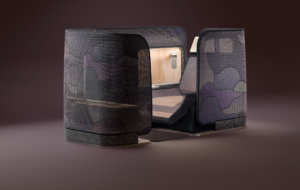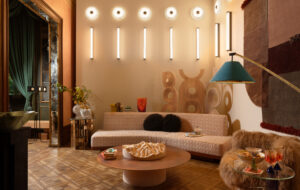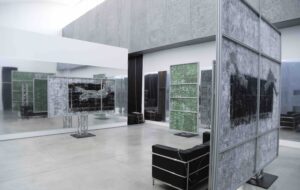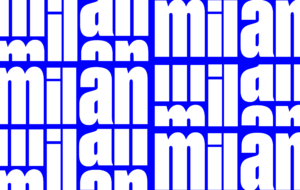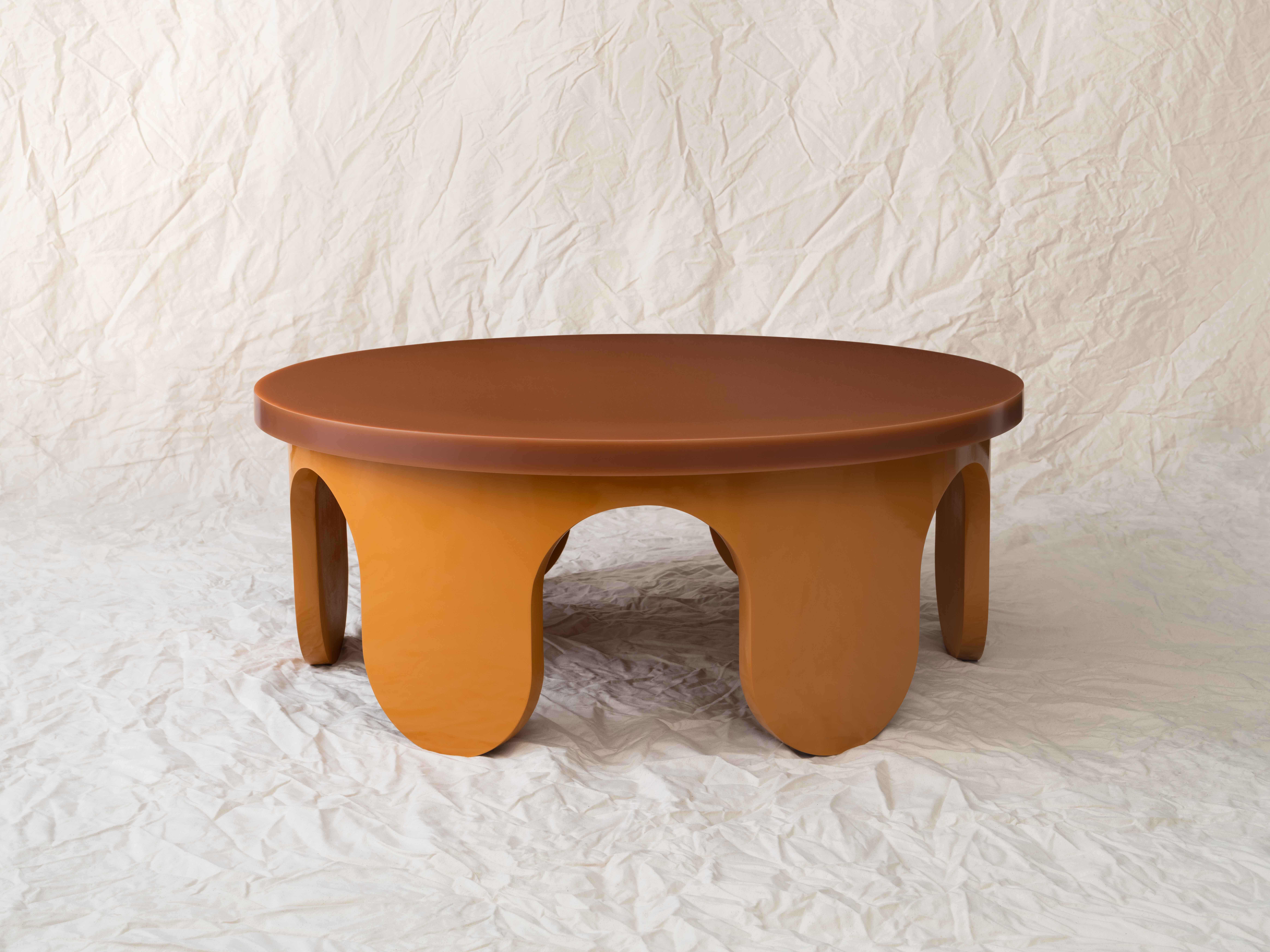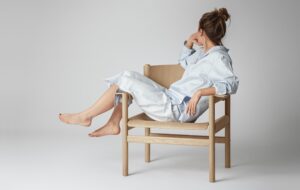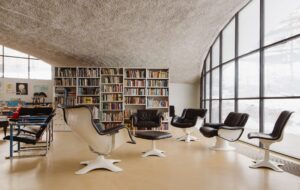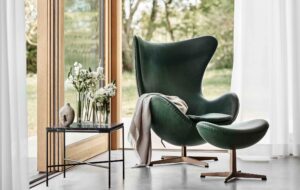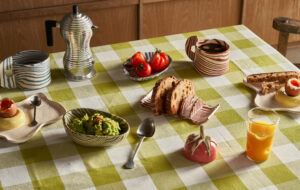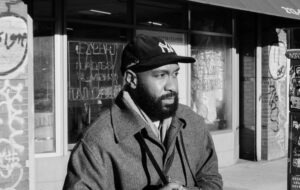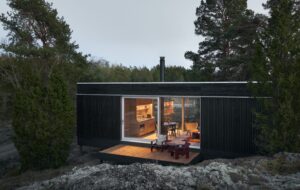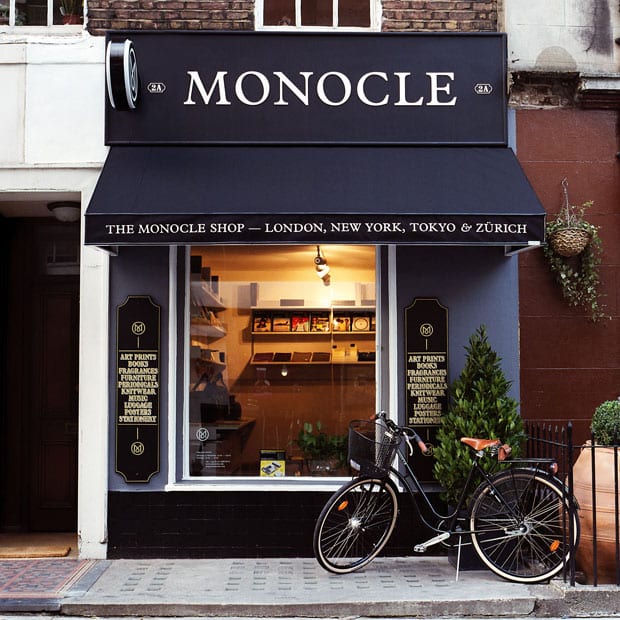
words Sam Jacob
International man of affairs Sam Jacob browses a lifestyle in the form of a magazine in the form of a shop.
With Monocle, everything counts. Even the opening time of its new pop-up shop. It opens at 11. Eleven! That’s no accident, it’s the kind of time an old-fashioned specialist shop run by generations of the same family might open, or the opening time of a chi-chi gallery in an obscure European town. While the rest of retailing London is up before dawn in a sale-or-bust frenzy, the Monocle Shop strolls in as though opening early were just a little too vulgar.
Just to fill you in, because the backstory here is essential to grasp the minutiae of this momentary cultural bubble: Monocle is the magazine that Tyler Brûlé set up in 2007 after selling Wallpaper. And Wallpaper was the style/design/lifestyle magazine that redefined the taste of a generation in the 1990s. Where Wallpaper was big, glossy, and aspirational, Monocle operates at a lower register – you can tell from its cover: smaller, blacker, more intimate and restrained. It’s not so much a magazine as an idea of exactness and precision. It feels like a superbly crafted piece of late capitalism: a beautifully assembled entity of concept, image and business model. It almost feels … natural. Almost.
However, Monocle’s content is eclipsed by its editorial worldview. It is driven by its philosophy rather than things like news or topicality, which normally drive media. It’s not so much information as it is a curated collection of sensations, a clip book that sticks bits of city, an item of clothing, an object among dispatches and “briefings” from its worldwide “bureaux”. Because of its flawless singularity, it’s a short hop from Monocle-as-magazine to Monocle-as-shop.
So, here in London’s Marylebone (remember, everything counts, so it had to be in Marylebone: that bijou enclave that’s one part Sherlock Holmes, two parts celebrity pied-a-terre), at 2A George Street, is that shop. The facade – in shades of black and grey – is a quintessential shopfront crossed with the careful kerning of a magazine cover, with its serif logotype as shop sign and a strapline on the awning reading “London, New York, Tokyo & Zurich” (nothing says international-man-of-affairs like Zurich). Either side of the window hang panels with signwritten script which read like a contents page: “art prints”, “fragrances”, “furniture”, “periodicals”, “knitwear”, “music”, “posters” – a kind of concrete poetry of savoir-faire consumption. However, in a slight miscalculation which lands them just the wrong side of traditional, from a distance they assume the aesthetic of pub shingles: “Sky Sports”, “karaoke”, “pickled eggs”.
It’s still not 11, and as I wait for them to open, they wheel a Monocle monogrammed bike (classic black frame, brown leather seat), outside and chain it up, as though Jules et Jim have just stopped by to pick up some knitwear. Inside, it’s tiny. There are a selection of understated, wittily titled notebooks, a one-off fragrance, a scarf, a series of photographs of sumo wrestlers, a small selection of CDs, a stool, a few bags, some back issues of Monocle … hold on, there’s almost nothing here! In fact, it’s not like a shop at all – it’s more like somebody’s life that you can buy, which in a way, it is. It’s a completely edited environment. Instead of choice, the keynote of mainstream retail, the lack of choice becomes a kind of austere luxury. Monocle’s myopic gaze and its eye for detail has a strange power to isolate and fix disparate fragments. The subjects of this gaze are transformed, they become assimilated into the Mono-culture.
Magazines are almost history. Old media is in crisis, threatened by the internet and the collapse of advertising revenues. Which is why media increasingly relies upon events outside of its pages. Editorial, advertorial, curating and sponsorship are bleeding into one another in a desperate cluster-fuck that breeds hybrid offspring. Monocle’s pop-up shop is a strange form of embedded reporting – a magazine that’s out there in the real world doing something real (or at least almost real). We might think of it as hyper-stylised Gonzo journalism, where the lines between fact, reporter and reported blur into one conceptual continuity. It’s a strange terrain where buying might be the same as reading and owning is equivalent to understanding.
The Monocle Shop, 2A George Street, Marylebone, London W1

